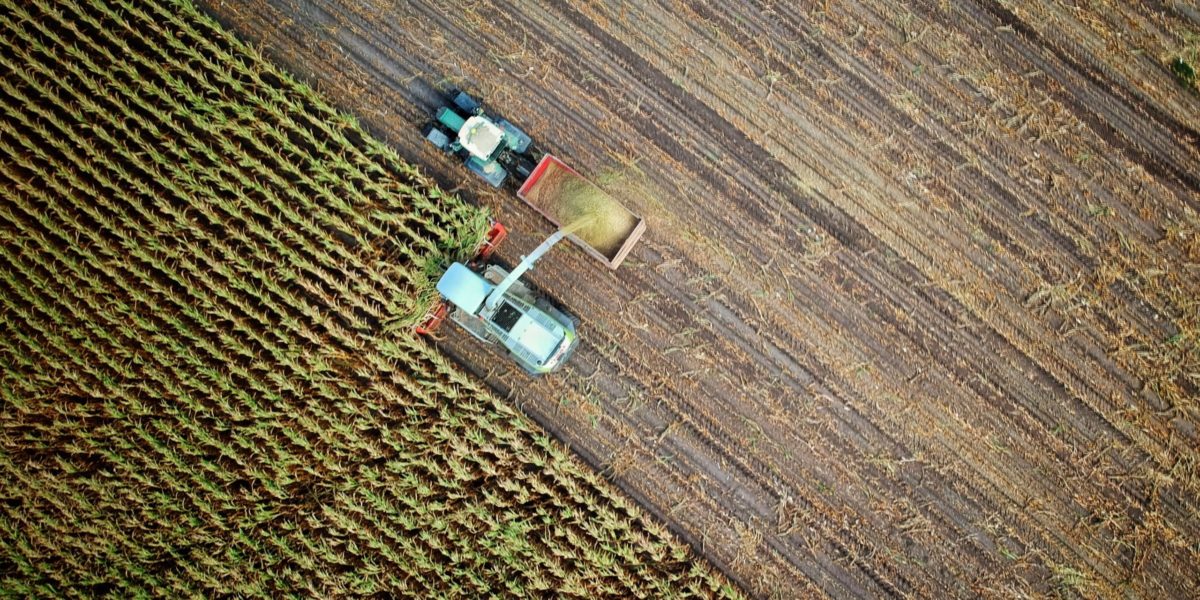The fast-approaching United Nations conference on climate change is an important meeting — you might even say crucial. Despite the 2015 Paris Agreement and the jubilation that accord brought to those watching the climate change scene, the commitments made have not lived up to the promise of the agreement — and it is time to check-in.
From October 31 through to November 12, the COP 26 meetings will take place in Glasgow Scotland. It’s speculated that meetings of non-profit groups will continue beyond the November 12 official end date of the 2021 UN Climate Change Conference.
More than 25,000 people will gather, despite the ongoing pandemic. The meetings should have taken place in 2020 but were delayed; the hope is that this year will be safer.
Countries are now being called upon to reduce their emissions by 45 per cent by 2030 compared to 2010 levels and zero net emissions by 2050. Despite the Paris Agreement, current emissions are actually on target to be 16 per cent higher in 2030 than 2010 levels. Many say it is our last chance to try to reach an agreement that heralds in the possibility of a 1.5 to two degree temperature change.
Agriculture and land use are touted as being among the key issues for COP 26. Indeed, global agriculture has contributed 20 per cent of greenhouse gas emissions. Farm journals from around the world are hoping that the role of food production, local farmers and reduced carbon emissions leads to saner models of agriculture. The UN COP 26 agenda includes two sections dedicated to these issues: one on agriculture and the other on land use.
For a primer on the COP history and current conference issues see this webinar with Third World Network’s Meena Raman, sponsored by NFUniversity. Progressive farm groups are joining together in a coalition that will advocate for food production solutions. Canada’s National Farmers Union will send eight official observers to the conference and is working in solidarity with international farmers organization La Via Campesina and allies such as the Scottish Land Workers Alliance.
Discussion on targets, approaches to emissions reduction and global equity are becoming increasingly polarized as the climate emergency intensifies. The need to drastically reduce emissions now and not have one more penny go into fossil fuel production is buttressing up against market forces promising carbon capture technologies deployed via market-based corporations.
Green capitalism meets eco-socialism in this struggle for the planet.
For many, including the agricultural peasant movements, the concept of “net zero” by 2050 is a dangerous fallacy and should not be the default position. Technologies such as solar geo-engineering or other trending techie carbon capture ideas provide false hope. Plan A should be to reduce emissions drastically now with richer nations taking the lead and applying principles of climate justice. Then, if technology can help along the way, fine. But technology is Plan B — not Plan A. Betting on these technologies to save the Earth instead of reducing emissions is dangerous and based in green capitalism.
When it comes to agriculture, we increasingly hear about the link between the global small farm crisis and climate change.
Bolivia and the ALBA countries are putting forward non-market based approaches at COP 26. Progressive movements are advancing an emphasis on climate justice. Part of climate justice is ensuring that rich nations meet their commitments of $100 billion a year in climate financing to developing nations. The Oxfam Climate Shadow Report notes the greediness of rich countries in playing a game of numbers or creative accounting. As noted by the Chair of the Group of 78, based in Ottawa, Canada is stingy on this front as well.
There are no magic solutions based in the market or in technology when it comes to climate change. But there are a lot people on the ground who know what needs to be done.
Many small farmers from around the world will gather at COP 26, including the contingent from Canada’s National Farmers Union, hoping to contribute to the policy debate on how agricultural emissions can be reduced by reducing the use of artificial fertilizers, intensifying agriculture practices and increasing the number of small farms and by producing food for local markets to help eliminate the carbon used to unnecessarily transport food back and forth around the world.
In the last few years, several reports have detailed initiatives that should be adopted and encouraged by governments to achieve these goals. The reports point out that the climate crisis and the farm crisis here in Canada (and elsewhere) have the same root cause; reducing emissions from agricultural production may also provide the opportunity to strengthen family farms.
In August of 2019 the United Nations Intergovernmental Panel on Climate Change (IPCC) released an important policy report on food, agriculture and climate change titled Climate Change and the Land. The IPCC report was prepared by 107 scientists from 52 countries — more than half of which are developing nations.
Finally — there is also a global movement to pressure nations to adhere to policies to help reduce emissions. The Fossil Fuel Non-Proliferation Treaty was initiated in 2016 in the Pacific Islands, and is now endorsed by more than 2100 scientists, 800 organizations, more than 140,000 prominent individuals and dozens of cities and local governments from around the world, including Vancouver and Toronto. The aim is to “phase out fossil fuels and support a just transition.”
All of these forces will come together in Glasgow, Scotland at COP 26.
Will global leaders get it together? Perhaps. But COP 26 is just as much about peoples’ movements making connections and organizing to prevent powerful governments from maintaining the current charade.




